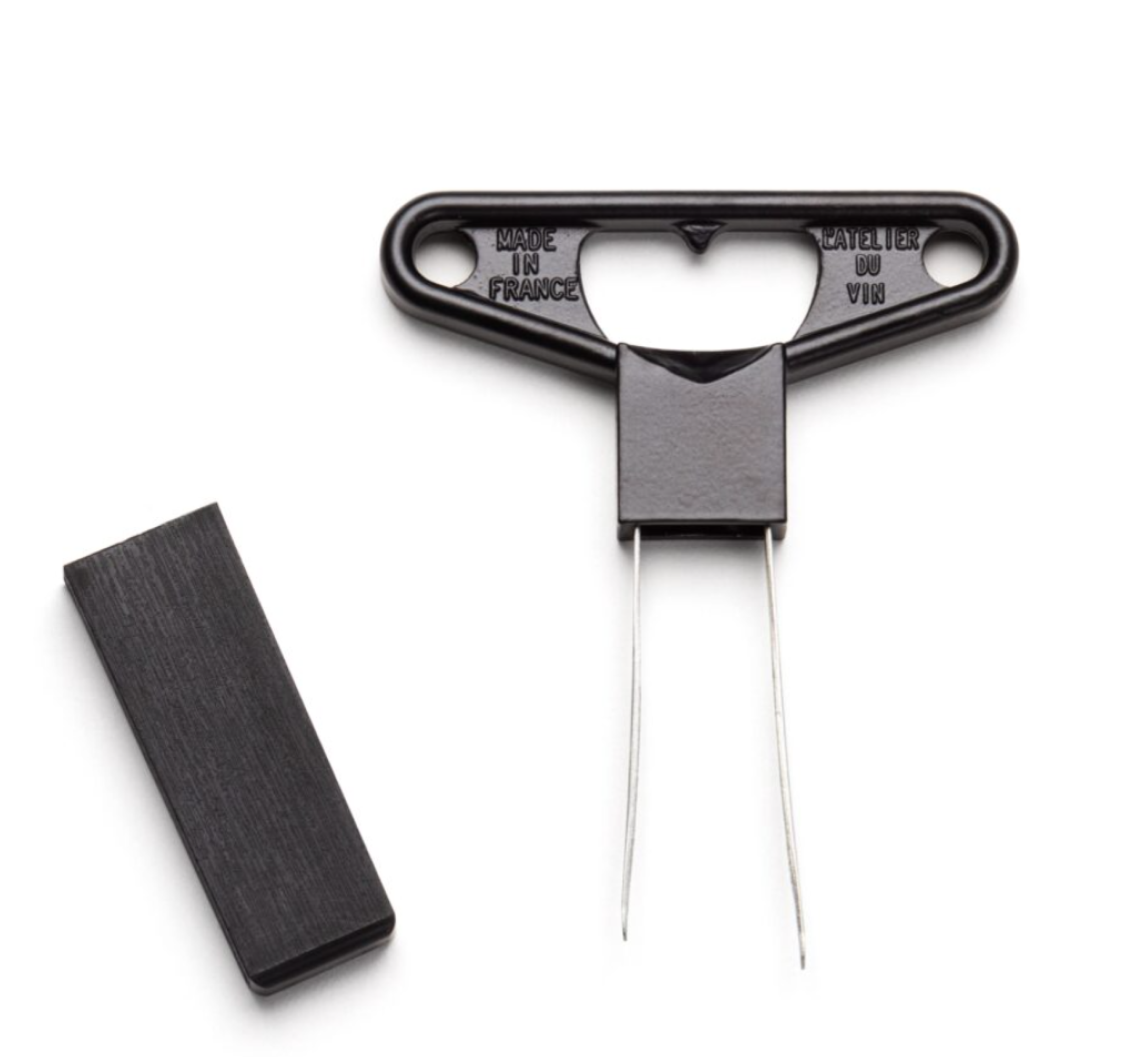
The Art of Decanting Wine: When, Why, and How
Decanting wine, a ritual often reserved for age-old reds and sophisticated dinners, is more than just a visual spectacle making you look cool.
The process enhances the wine's character, making each sip a more profound experience.
But why decant? And how should one handle older wines?
Why Should You Decant Wine?
Aeration: The primary reason wines are decanted is for aeration. When wine comes into contact with air, it allows the flavours and aromas to open up and develop, leading to a richer tasting experience. Young wines, especially reds, benefit from this, softening their tannins and letting the wine’s nuances shine through.
Sediment Separation: Older wines often develop sediment—a mix of tannins and pigments. Decanting helps separate the wine from this sediment, ensuring a clearer, cleaner sip.
When Should You Decant Wine?
Young Reds: Wines with strong tannins like Cabernet Sauvignon, Bordeaux, and Syrah can be quite harsh when young. Decanting them for a few hours before drinking can significantly improve their taste.
Older Reds: Aged wines, especially those that are 10 years and older, can benefit from decanting to separate from sediment. However, their exposure to air should be minimal to prevent them from oxidising too quickly.
White Wines and Rosés: While less common, certain white wines with complex structures can also benefit from decanting, but it's not typically necessary.
Handling Old Wines with Care
Aged wines are delicate and can be easily ruined if not handled properly. Here's how to treat them right:
Upright Storage: Before opening an old bottle, keep it upright for a few days. This allows the sediment to settle at the bottom.
Gentle Pouring: When decanting, pour the wine slowly and steadily. Keep an eye out for sediment and stop pouring once you notice it approaching the neck of the bottle.
Minimal Aeration: Old wines have already developed their flavours over the years. They need little to no aeration. After separating from the sediment, they should be consumed relatively quickly to avoid over-oxidation.
Fragile cork: Use a Bilame (two prong) cork opener. If the bottle is old sometime the cork may be fragile and prone to crumbling so use this type of opener (Just Google two prong cork opener).
Decanting: An Enhanced Experience
Decanting wine is not just for show. It's a tradition rooted in enhancing the wine-drinking experience.
Whether you're opening a robust young red or a delicate aged bottle from the cellar, understanding the art of decanting ensures that each sip is as the winemaker intended: a celebration of flavour and history (and don’t forget it makes you look like a proper wine connoisseur - put that on your Bumble, Tinder or Grinder page).
Image of a Bilame
Wine & Cheese
It’s just a perfect combination.

